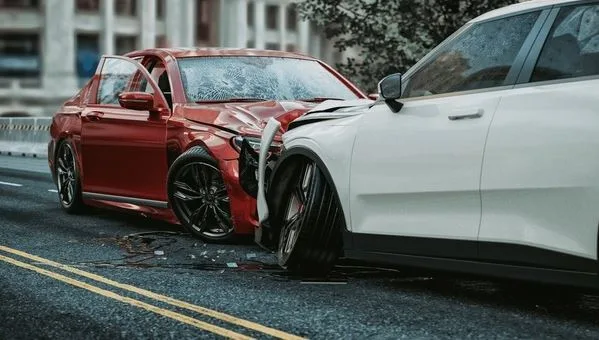4 Most Commonly Asked Questions About Car Accidents in Jacksonville
Car accidents can disrupt life in an instant, leaving drivers and passengers overwhelmed with questions about their rights and next steps. The aftermath involves more than just vehicle repairs; victims face medical bills, lost pay, and long recovery periods.
Jacksonville, Florida, sits on the northeast coast of the state, stretching along the St. Johns River and the Atlantic Ocean. It’s the most populous city in Florida, with more than 970,000 residents, and covers more land area than any other U.S. city. Its economy thrives on banking, logistics, healthcare, and tourism, with busy roadways connecting neighborhoods, ports, and military bases.
Not surprisingly, traffic density here leads to frequent collisions. If you’ve been involved in one, you’re not alone in looking for answers. Many turn to car accident FAQs to better understand the legal and practical issues that follow.
1. What Should I Do Immediately After a Car Accident?
The priority is safety. Move vehicles out of traffic if possible and check for injuries. Call 911 right away, both for medical help and to have a police report created. Exchange information with the other driver, including insurance details, license numbers, and contact information.
It’s also wise to take photos of the scene, document road conditions, and collect witness statements if available. These details become important later when filing claims or disputes arise about who was at fault.
2. Do I Need to See a Doctor If My Injuries Seem Minor?
Yes. Many injuries, such as whiplash or concussions, don’t show immediate symptoms. Florida’s personal injury protection (PIP) laws also require accident victims to get medical treatment within 14 days to qualify for coverage. Skipping a medical evaluation can weaken your insurance claim and jeopardize compensation for future medical costs.
Seeing a doctor also provides official documentation, which strengthens your case if you pursue a claim against the at-fault driver.
3. Who Decides Fault in a Jacksonville Car Accident?
In Florida, fault is determined through a combination of police reports, insurance company investigations, and sometimes court rulings. Because Florida follows a “no-fault” insurance system, each driver first turns to their own insurance for coverage under PIP.
However, if injuries are severe and meet the state’s threshold for permanent injury, victims may step outside the no-fault system and bring a claim against the other driver. In such cases, determining fault accurately becomes critical, since compensation depends on proving negligence.
4. Should I Contact a Lawyer After a Car Accident?
While not every car accident requires legal help, consulting a lawyer is beneficial, especially when injuries, disputes, or high medical costs are involved. Lawyers can handle communication with insurers, collect evidence, and negotiate settlements. They ensure accident victims don’t accept less than what they’re entitled to under the law.
Even if you’re unsure whether your case warrants representation, most Jacksonville personal injury attorneys offer free consultations. Speaking with one early can help protect your rights and clarify your options.
Why FAQs Matter for Accident Victims
Accidents create confusion. Victims are bombarded with information from police, doctors, and insurers while also coping with stress and physical pain. Having straightforward answers to common questions makes the recovery process easier.
Reliable FAQ resources can guide victims through the most immediate concerns, from seeking medical treatment to understanding insurance coverage. They also highlight when it’s time to seek professional help.
Conclusion
For Jacksonville residents, car accidents are unfortunately common, and the same questions come up again and again. The most important include:
- What steps should you take immediately after the accident?
- Whether to see a doctor for seemingly minor injuries.
- How fault is determined under Florida’s no-fault system.
- When to consult a lawyer for guidance and representation.






